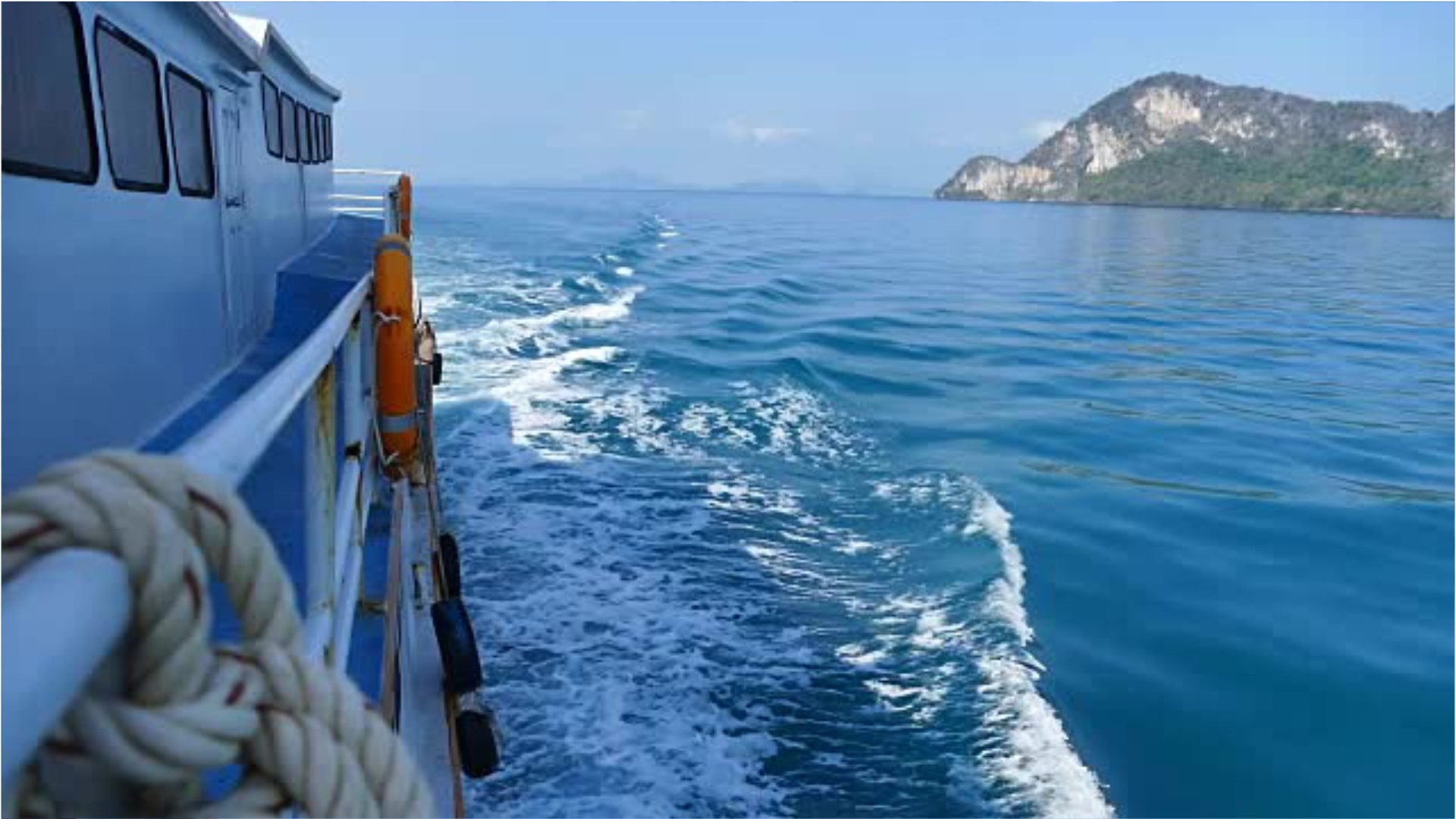Motorboat Operators
Boat Operator, Launch Operator, River Pilot, Water Taxi Business Operator
 Select a military branch to see samples.
Select a military branch to see samples.
Aerospace Medical Service; Aerospace Medical Service Apprentice, Independent Duty Medical Technician; Aerospace Medical Service Craftsman, Flight and Operational Medical Technician; Aerospace Medical Service Helper, Aeromedical Education Technician; Aerospace Medical Service Journeyman; Aerospace Medical Service Journeyman, National Registry Paramedic; Health Services Management Craftsman, Health Information Technology; Pararescue Apprentice; Special Reconnaissance; Survival, Evasion, Resistance, Escape (SERE) Specialist
Cannon Crewmember; Cavalry Scout; Combat Engineer; Combat Medic Specialist; Marine Deck Officer; Unit Supply Specialist; Watercraft Engineer; Watercraft Operator; Wheeled Vehicle Mechanic
Boatswain Specialty; Boatswain's Mate; Diver; Diving Specialist; Marine Safety Specialist Deck; Marine Safety Specialist Engineer; Operations Systems Specialist; Seaman
Amphibious Combat Vehicle (ACV) Crewmember; Assault Amphibious Vehicle (AAV) Crewmember; Combat Engineer; Combat Rubber Reconnaissance Craft (CRRC) Coxswain; Critical Skills Operator; Reconnaissance Marine
(11) Meter Rigid Inflatable Boat (RIB) Coxswain; Assistant Navigator; Causeway Lighterage Craftmaster; Hospital Corpsman; Landing Craft Utility Craftsmaster; LCAC-100 Flight Engineer; Navigation Manager; Ordinary Seaman; Special Warfare Boat Operator; Special Warfare Combatant-Craft Crewman Senior
No similar titles were found.
What they do:
Operate small motor-driven boats. May assist in navigational activities.
On the job, you would:
- Operate engine throttles and steering mechanisms to guide boats on desired courses.
- Direct safety operations in emergency situations.
- Secure boats to docks with mooring lines, and cast off lines to enable departure.
Knowledge
Business
- customer service
Arts and Humanities
- English language
Education and Training
- teaching and course design
Safety and Government
- public safety and security
Skills
Basic Skills
- keeping track of how well people and/or groups are doing in order to make improvements
- talking to others
Problem Solving
- noticing a problem and figuring out the best way to solve it
Abilities
Controlled Movement
- quickly change the controls of a machine, car, truck or boat
- use your arms and/or legs together while sitting, standing, or lying down
Hand and Finger Use
- hold or move items with your hands
- keep your arm or hand steady
Spatial
- know where things are around you
- imagine how something will look after it is moved around or changed
Attention
- pay attention to something without being distracted
Personality
People interested in this work like activities that include practical, hands-on problems and solutions.
They do well at jobs that need:
- Cautiousness
- Dependability
- Integrity
- Attention to Detail
- Self-Control
- Stress Tolerance
Technology
You might use software like this on the job:
Analytical or scientific software
- Echo sounder software
- Radar software
Expert system software
- Autopilot software
- Roam Devices Roam Marine Monitor Hub
Mobile location based services software
- Global positioning system GPS software
- SEA.AI Offshore ONE
Education
Education: (rated 2 of 5)
high school diploma/GED or
no high school diploma/GED
usually needed
no high school diploma/GED
usually needed
Job Outlook
Below Average
New job opportunities are less likely in the future.
Explore More
- Captains, Mates, & Pilots of Water Vessels
- Motorboat Mechanics & Service Technicians
- Riggers
- Sailors & Marine Oilers
- Ship Engineers
You might like a career in one of these industries:
See more details at O*NET OnLine about Motorboat Operators.




